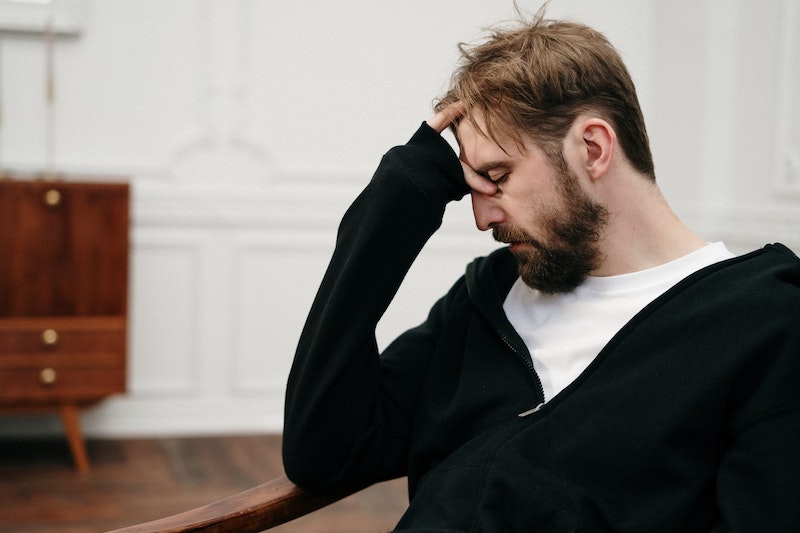We know how hard it can be to talk about self-care and how difficult it can be to implement positive self-care practices in your daily routine, but we also know how important it is.
No matter what else is going on in your life, taking care of yourself is a critically important part of your overall happiness and wellbeing.
Although there is a stigma around men and their own mental health, it’s especially important that men pay attention to their mental health. The facts alone are staggering. According to recent studies, six million men are affected by depression every year and men are statistically more likely to turn to drugs and alcohol to cope with their mental health issues than women are.
While this information is staggering, there are steps men can take to protect their mental health.
A few ideas:
- Prioritize your diet and your sleep: a healthy diet and a good night’s sleep can help regulate your stress levels
- Exercise: much like your diet and rest can positively affect your stress levels, exercise can boost your mood and your mental health
- Practice gratitude: research shows that showing appreciation for your life is a great way to protect your mental health
But, what if you’ve tried these things at home and you’re still looking to support your mental health? It might be a good time to try therapy with a licensed mental health professional, such as the ones available on MyTherapist.
And forget what you’ve heard about therapy – it can be convenient and fit into your schedule and budget.
When should you consider therapy?
Therapy is such a personal decision that only you can make for yourself but, in general, if you’re experiencing any of these mental health situations, it could he time to connect with a therapist:
- Dramatic changes in mood, either positive or negative
- A decreased desire to do the things you usually do like work or exercise
- Suffering through depression, anxiety or suicidal thoughts
- Disconnecting from the people in your life

How can you benefit from therapy?
Although less than one-third of therapy patients are men, men can truly benefit from one-on-one connections with a licensed therapist.
Licensed therapists can help you:
- develop coping mechanisms and behaviors to help issues you want to overcome like anger management
- navigate underlying mental health issues like loneliness
- learn communication skills that you can better use in your personal and professional relationships
- understand your habits and help you put positive habits into place
How do I find a therapist?
Deciding to find a therapist is the hardest part – so congratulations on taking that first step to better your mental health. If you have made the decision to find a therapist, you may be wondering how to find a licensed therapist.
To start, you may want to ask for recommendations. Ask a trusted medical professional, like your doctor, for good recommendations. If you’re comfortable, you could also ask your friends for their recommendations. Another great place to start is to see what your insurance provider or your employee assistance program offers. Your insurance provider likely has a website where you can filter through in-network health care providers.
Lastly, date your therapist! If you are not connected with your therapist after the first one or two sessions, you can always find another one. And don’t forget that online counseling or therapy is also an option – and it’s proven to be just as effective as in-person therapy sessions.
Men face great stigmas around mental health, self-care and therapy. The first step is often the hardest, but if you’re ready to talk to someone about your mental health – don’t wait.
Marie Miguel Biography
Marie Miguel has been a writing and research expert for nearly a decade, covering a variety of health-
related topics. Currently, she is contributing to the expansion and growth of a free online mental health
resource with MyTherapist.com. With an interest and dedication to addressing stigmas associated with
mental health, she continues to specifically target subjects related to anxiety and depression.

